The voice of the victor, the world must hear
President of Azerbaijan Ilham Aliyev’s address at the 80th session of the United Nations General Assembly was a landmark event, notable both for its broad scope and for the way it raised key issues. The speech seamlessly combined historical perspective, political vision, and concrete initiatives capable of shaping the future not only of the South Caucasus but of the entire international system.
The Head of State began his speech by recalling the long decades of occupation, aggression, and injustice endured by Azerbaijan, emphasising that he now speaks from the position of a country that has journeyed from suffering and destruction to victory and peace. For nearly three decades, twenty per cent of Azerbaijan’s sovereign territory was under military occupation by Armenia, and around one million Azerbaijanis were forced to leave their homes, subjected to mass expulsions and ethnic cleansing. Four UN Security Council resolutions of 1993, which demanded the immediate withdrawal of Armenian armed forces, were never implemented, and the OSCE Minsk Group, created to facilitate a resolution, merely maintained the status quo and left the conflict frozen. Ultimately, it was Azerbaijan that, in 2020, exercised its legitimate right to self-defence under Article 51 of the UN Charter and, during the 44-day Patriotic War, restored its territorial integrity fully in accordance with international law.
November 10, 2020, marked Armenia’s capitulation and the end of the era of occupation. However, victory on the battlefield did not mark the end of the story — on the contrary, as President Aliyev emphasised, Azerbaijan immediately after the war proposed opening a new chapter in relations with Armenia, based on mutual recognition of territorial integrity and sovereignty. Five fundamental principles were put forward, a process of negotiations on a peace treaty was initiated, and despite numerous attempts to disrupt it, the bilateral format — free from external pressure — allowed for progress.
The culmination came at the Washington Summit in August 2025, when the Foreign Ministers of Azerbaijan and Armenia initialled the text of a peace agreement at the White House, and President Aliyev and Prime Minister Pashinyan signed a joint declaration in the direct presence of U.S. President Donald Trump, who also signed as a guarantor. A symbolic continuation was the joint statement by Baku and Yerevan calling for the closure of the OSCE Minsk Process as an outdated and ineffective mechanism, and on September 1, the Minsk Group was officially dissolved by its own decision.
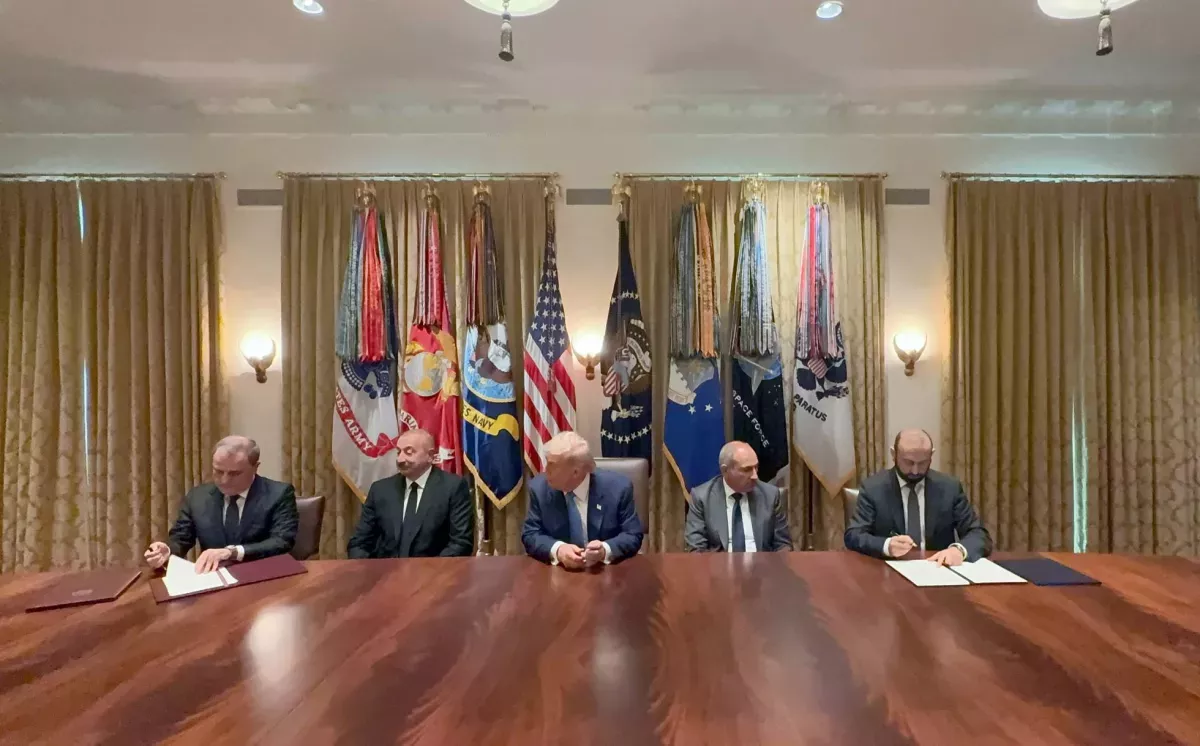
The Washington Summit became not only a milestone in the Armenia–Azerbaijan settlement but also the beginning of a new chapter in Azerbaijan–United States relations. A Memorandum of Understanding was signed, laying the foundation for a Strategic Partnership Charter encompassing politics, economics, energy, transport, defence, and security issues. A crucial step was also taken by the U.S. President, who decided to suspend the sanctions imposed on Azerbaijan under Section 907 of the Freedom Support Act of 1992. As President Aliyev emphasised, a full repeal of this provision by Congress would mark a historic rejection of double standards and strengthen trust at a time when Azerbaijan is actively contributing to global stability and security.
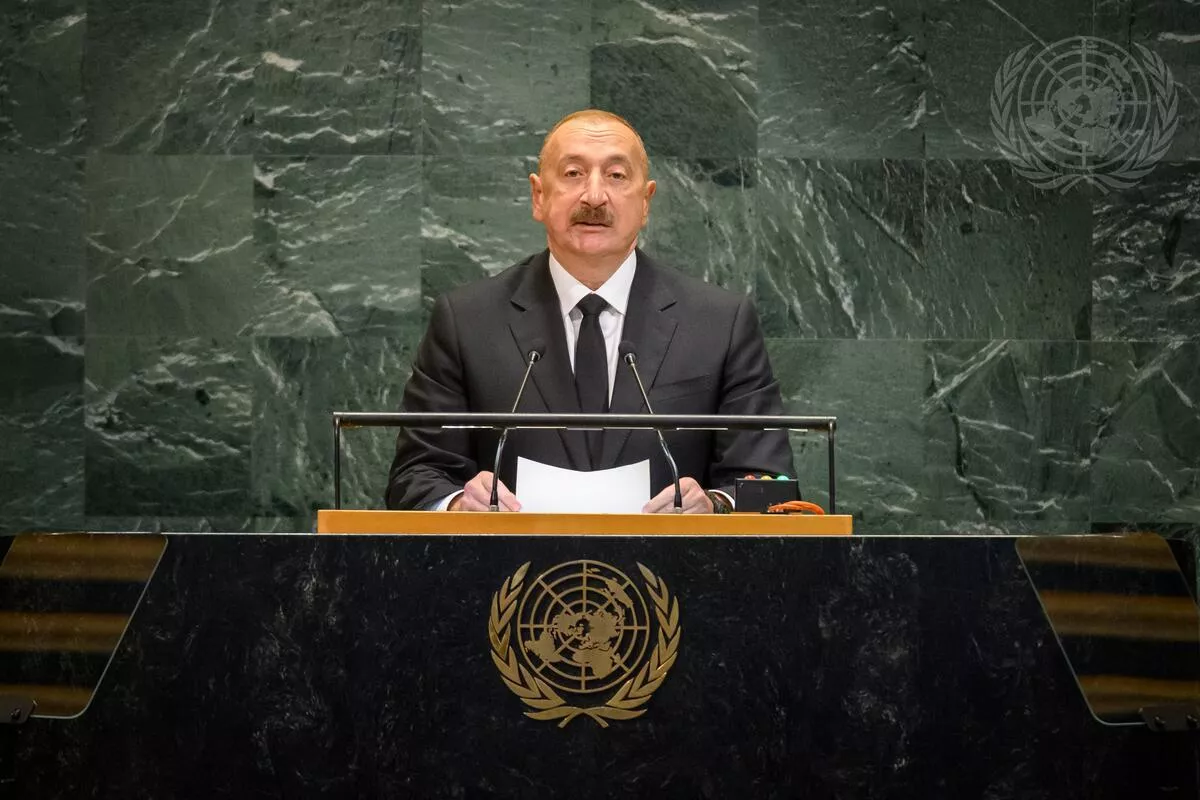
Alongside the political dimension, the Head of State’s speech also addressed humanitarian issues. The President detailed the devastation left by the occupation: hundreds of settlements erased from the map and 65 mosques brutally destroyed. This is why the “Great Return” programme has become a symbol of a new era — more than 50,000 people already live, work, and study in the liberated territories. Yet one of the most serious threats remains the danger of landmines, which have killed and maimed over 400 people since 2020, alongside the tragic fate of nearly 4,000 missing Azerbaijanis, an issue that continues to demand international attention.
President Aliyev’s speech was structured not only as a regional message but also as a global action agenda. Azerbaijan highlighted its role as host of COP29, where the historic Baku Climate Finance Goal was adopted, increasing the commitments of developed countries for climate financing from the previous $100 billion to no less than $300 billion per year through 2035. This marked a new milestone in global climate policy. Azerbaijan also completed the establishment of a framework for carbon markets and ensured the full functioning of the Loss and Damage Fund, vital for vulnerable countries.
At the same time, Aliyev warned against utopian illusions: while the green transition is necessary, the world will still rely on fossil fuels for a long time, and energy security remains a cornerstone of global stability.
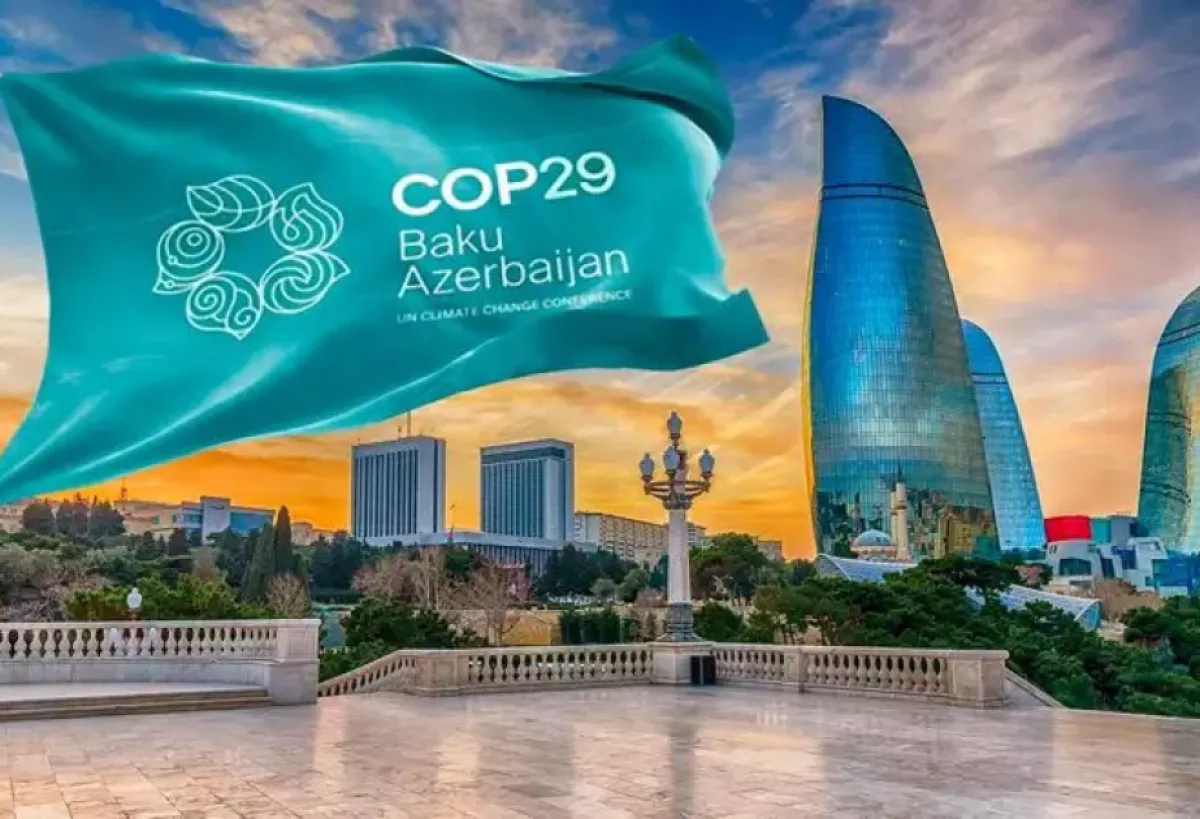
Azerbaijan has steadily strengthened its status as a reliable partner: today it supplies natural gas to 14 countries, linking the Caspian region with global markets and ensuring diversification of supply routes. A symbolic example of this is Azerbaijan’s assistance to Syria: since August 2025, Azerbaijan has been delivering gas via Türkiye, significantly reducing the country’s electricity deficit. At the same time, the country is attracting major investments in renewable energy, aiming to raise their share to 40% by 2030.
Simultaneously, Azerbaijan is enhancing transport connectivity: transit along the Middle Corridor has grown by 90% compared to 2022, while the Alat port, the Baku–Tbilisi–Kars railway, nine international airports, and the region’s largest cargo airline have turned the country into a key global logistics hub. Another strategic focus is digital connectivity: the “Digital Silk Road” initiative, involving the laying of a fibre-optic cable across the Caspian Sea, will further consolidate Azerbaijan’s leadership as a regional digital hub.
The president also focused on the country’s internal resilience: poverty and unemployment have been reduced to a historic low of 5%, and the major agencies Moody’s and Fitch have upgraded Azerbaijan’s rating to investment grade, highlighting its low public debt and strong external balance. The country’s external debt amounts to just 6.5% of GDP, one of the lowest in the world, while its foreign currency reserves are nearly sixteen times higher. These figures underscore that Azerbaijan demonstrates an economic model resilient to external shocks.
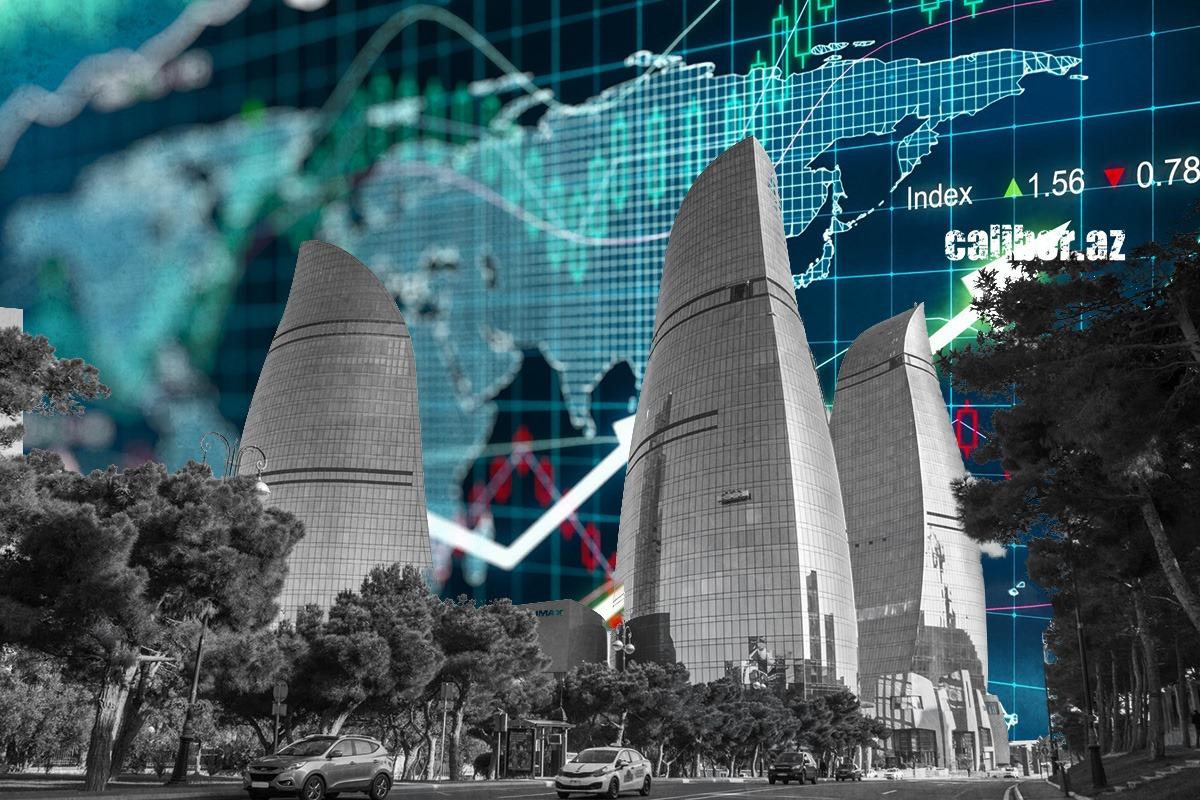
Aliyev also addressed environmental challenges. He recalled that, as early as 2022, he had warned about the deteriorating state of the Caspian Sea, and today the situation has become critical: the sea is rapidly shrinking, and the causes extend beyond climate change. Urgent joint measures by the Caspian littoral states, with support from the international community, are required to prevent an environmental catastrophe with unpredictable consequences.
Concluding his speech, Aliyev summed up with a statement that became a kind of political credo for Azerbaijan’s modern era: “We won, both in war and in peace. We ended the occupation and started reconstruction. Justice has triumphed, sovereignty has been consolidated, and peace is de facto reached.” This phrase encapsulates the entire journey of the country — from thirty years of occupation and the silent inaction of international institutions to the restoration of territorial integrity, the initialling of a peace treaty, and the transformation of Azerbaijan into a country shaping the global agenda.
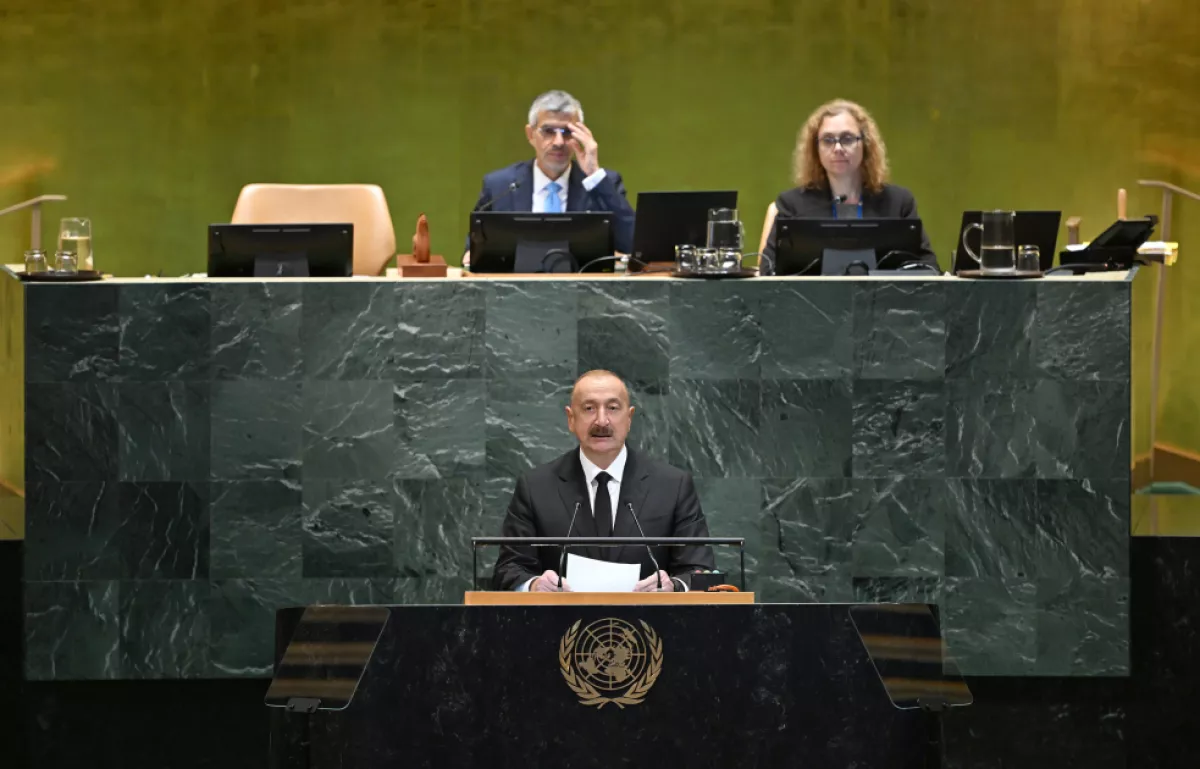
All of this was spoken by a leader whose words are grounded not in abstract declarations, but in real experience. From the UN podium spoke the Supreme Commander of the Army of the Victor — the Army that liberated the occupied territories, restored justice, and proved that international law can and must be an effective instrument. This fact gave his words particular weight, transforming the speech from a mere diplomatic address into a manifesto of a state that confirmed the strength of its will and its determination to defend its rights.
Aliyev’s speech in New York became a programmatic document for a new era, in which Azerbaijan demonstrates its growing role in the region and contributes to solving global challenges — from energy security to climate action. It is the speech of a country that has endured war and injustice but refused to be confined by them, instead transforming its experience into a universal example — how to achieve victory, restore justice, and offer the world a new order based on equality, mutual respect, and the rejection of double standards.








